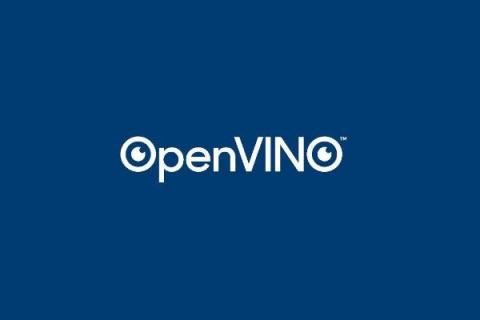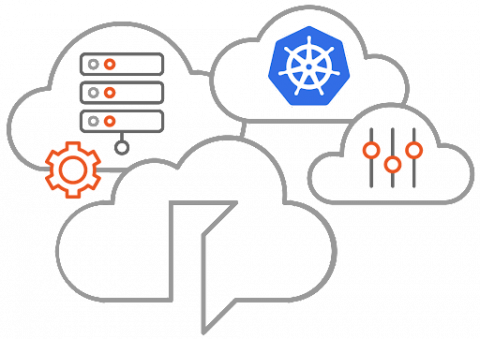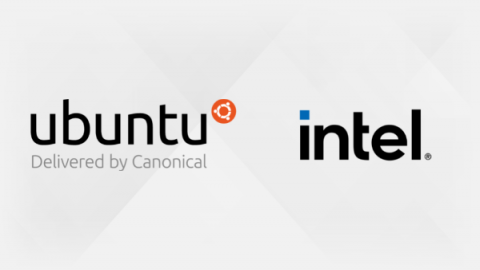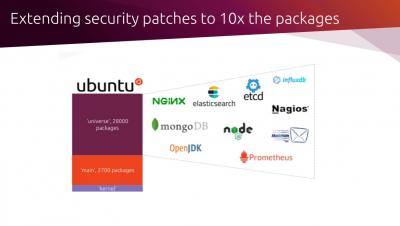What is object storage?
Object storage has by far the most simplistic interface out there, with no need for complicated SCSI drivers, HBA drivers, multipathing tools, or volume managers embedded into your Operating System. All you need to do is point your application at an HTTP endpoint, and use a simple set of verbs to describe what you want to do with a piece of data. Do you want to PUT it somewhere for safekeeping? Do you want to GET it so that you can do some work with that piece of data?











